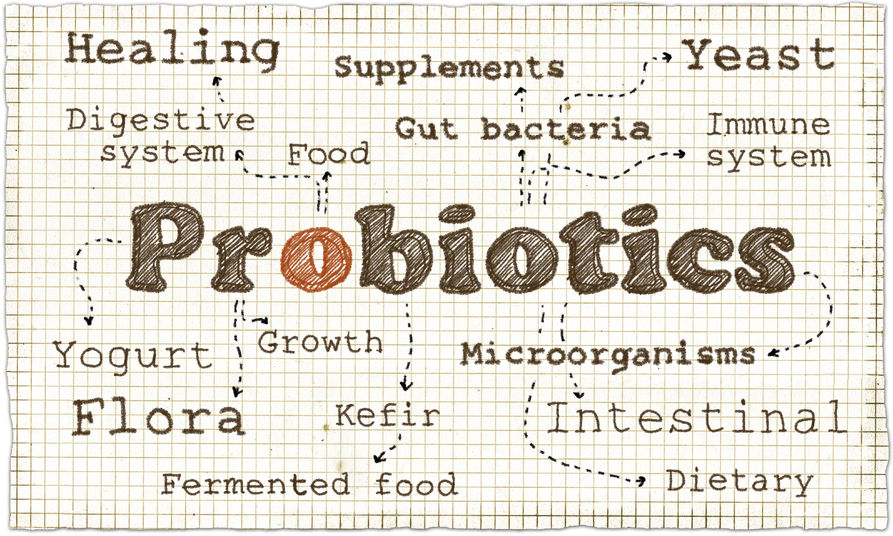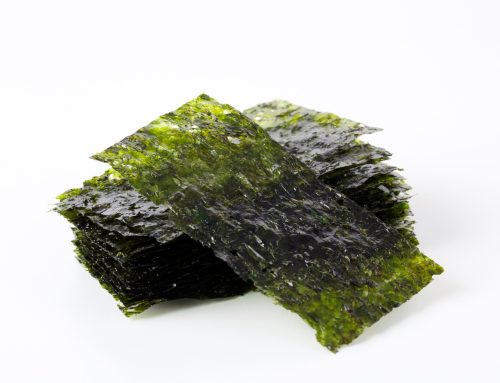Probiotics help depression according to a new study. According to the National Institute of Mental Health, depression is one of the most common mental disorders in the United States. This research shows that probiotics, either taken by themselves or when combined with prebiotics, may help to ease depression.
The new analysis about the effect of probiotics on depression was published in BMJ Nutrition Prevention & Health. While the studies show are correlation between the two, whether probiotics help to lessen anxiety is still an open question.
Foods that broaden the profile of helpful bacteria in the gut are collectively known as probiotics, while prebiotics are compounds that help these bacteria to flourish.
A two-way relationship exists between the brain and digestive tract, known as the gut-brain axis. The range and number of bacteria present in the gut is known as the microbiome. Whether a healthy bacterial balance might play a role in treating mental ill health has become a focus of interest in recent years.
Research on Whether Probiotics Help Depression
Quite a bit of research has been conducted on the question of whether probiotics help depression.
A recent research study analyzed all existing research on the topic of whether probiotics help depression.
• Researchers searched for relevant studies published in English between 2003 and 2019, which looked at the potentially beneficial contribution of pre-and probiotics in adults with depression and/or anxiety disorders.
• Out of an initial 71 studies, just 7 met all the criteria for inclusion.
• All 7 investigated at least 1 probiotic strain; 4 looked at the effect of combinations of multiple strains.
• One study looked at combined pre-probiotic treatment, while one looked at prebiotic therapy by itself.
• The studies varied considerably in their design, methods used, and clinical considerations.
• But all of them concluded that probiotic supplements either alone or in combination with prebiotics may be linked to measurable reductions in depression.
• And every study showed a significant fall or improvement in anxiety symptoms and/or clinically relevant changes in biochemical measures of anxiety and/or depression with probiotic or combined pre-probiotic use.
Some Cautions about the Study Results
The researchers highlight several caveats to their review: none of the included studies lasted very long; and the number of participants in each was small. This makes it difficult to draw any firm conclusions about the overall effects, whether they are long lasting, and whether there might be any unwanted side effects associated with prolonged use.
Nevertheless on the basis of the preliminary evidence to date, pre- and probiotic therapy warrant further investigation.
The researchers believe that probiotics may help reduce the production of inflammatory chemicals, such as cytokines. This is the case in inflammatory bowel disease. Another possibility is that they may help direct the action of tryptophan, a chemical thought to be important in psychiatric disorders.
The researchers concluded: “The effect that probiotics have on patients with may be twofold: (1) they may directly improve depression in line with the observed findings of this review, (2) and/or they might beneficially impact a patient’s experience of their mental disorder by alleviating additional comorbidities.”
The researchers’ conclusion is that practitioners should suggest probiotics and prebiotics to their patients who are suffering from depression.
Click here to read full study results on whether probiotics help depression.







